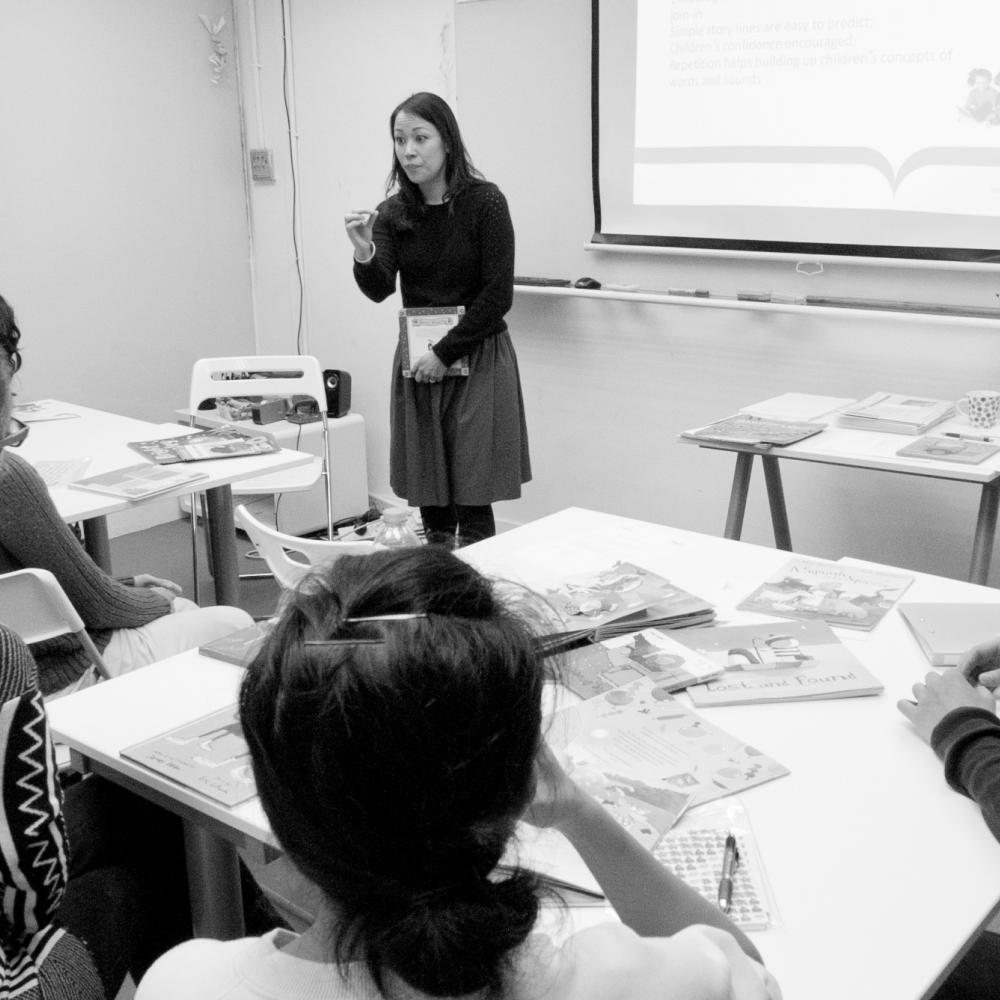Certificate courses
Teach English Overseas: travelling the world with a TESOL umbrella


3 Key Takeaways from the Teaching Young Learners Extension Certificate (TYLEC) Course


How to teach writing: writing lesson ideas


Gamification in English language teaching: more than child's play


Teaching pronunciation: an introduction to the IPA


How to teach intonation


Receptive skills for English teachers: how to teach listening and reading


The importance of context for English teaching: experience, situation and surrounding language


What are the 4 written assignments on the Trinity CertTESOL course?


English or Englishes: are varieties of English important for learners?


Teaching grammar for young learners: children learn languages differently to adults


6 Valentine’s Day ESL Activities for Young Learners and Adults

